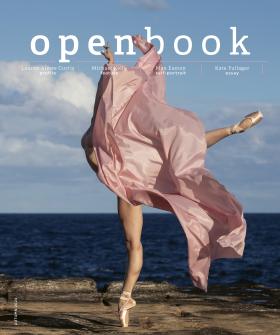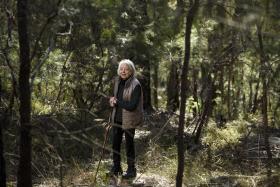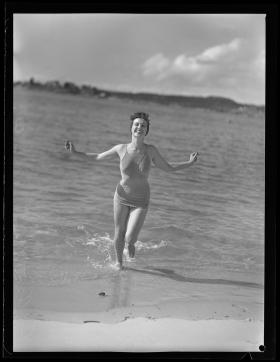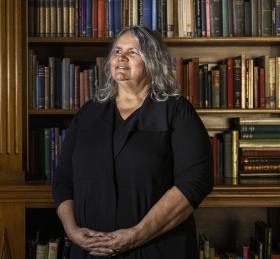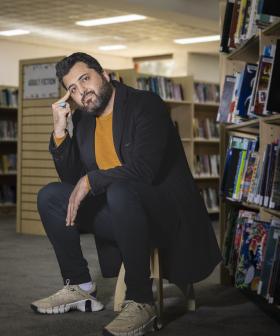
To attach a sense of belonging to a public institution has its perils, however. Once, while recovering from a severely infected in-grown toenail that led to the removal of the entire nail itself, leaving a raw expanse, I was told to stay off my feet for a week. I was thrilled to be out of school, and went to the library every day instead — it was a short walk and I wore sandals, putting pressure on my heels, half-hobbling there. The hush of the place soothed something in me I did not even know was hurting, and I’d pick up a book and find a seat along the far wall, out of view, to lose myself anew.
Evidently, a child coming into the library alone, Monday to Friday, rang some alarm bells, because one day a thin balding man in a suit came and sat next to me. He said he was an inspector from the Board of Education, and wanted to know if everything was okay at home. Did I have a home? Why wasn’t I at school? Thinking back on this now, I wonder if my memory is correct, and if such a position does or has ever existed at the Board, but at any rate, he was a social worker of some kind who had been called by the librarians. I showed him my horrific toe and said I had to be out of school until it was better, that was all. Aside from this, my little Arab Matilda experience was untroubled: I loved the library, and felt that the librarians loved me.
All I wanted to do, then, was read. All I want to do, still, is read. The world has never made sense to me, which I understand better now that I’ve been diagnosed with autism. I’ve always been different to my kin and strangers alike, a difference long made light of, made an ugliness of — but in books, in the worlds thereof, sense was constructed, and within that sense I was included. I’ve yet to experience a more powerful drug and here was a drug store, free, that I could access whenever I pleased. On rare occasions, the library didn’t have the book I wanted, and I was awed when I heard there were other libraries that were connected to this one — that they would have the book, and could hold it or send it here.
Magic, I tell you. I was agog. They would do this for me? Bring a book I had asked for, from a far-off place, simply because I asked? I was raised by a poor single Arab migrant, so there is an obvious class element to my shock, but even outside of purchasing power, at home I was often ignored. In the library, I was a person like anyone else, I could be heard, and attended to, and given any number of other worlds to inhabit. Through reservations and inter-library orders, I came to know of Liverpool City Library. I will never forget seeing it for the first time, will never forget that I used to think of Liverpool as ‘the city’, which I still laugh about now.
Liverpool Library is huge, compared to Casula, an extravagant three-storey palace. At the front, beneath the large courtyard, large colourful letters spelling out l-i-b-r-a-r-y are stacked on top of each other, as if a giant had left them there, a towering name that confirmed for me this place belonged to a story, and could hold all my fantasies. This was my interest: not classic literature, not the canon, which I found boring — it was fantasy and science fiction, horror and comics, then the internet too (having no computer at home). As I grew older, starting at Liverpool Boys High, I visited this mundane palace most days after school. ‘For homework’ I’d say, if anyone asked, not knowing how to articulate that while no one library can be my home, I am at home in all of them.
Omar Sakr is the son of Arab and Turkish Muslim migrants. He is the author of three poetry collections, including The Lost Arabs (UQP), which won the 2020 Prime Minister’s Literary Award for Poetry, and a novel, Son of Sin (Affirm Press, 2022). His latest book is Non-essential Work. He lives and works on Dharug land, where he was born and raised.
This story appears in Openbook spring 2023.

